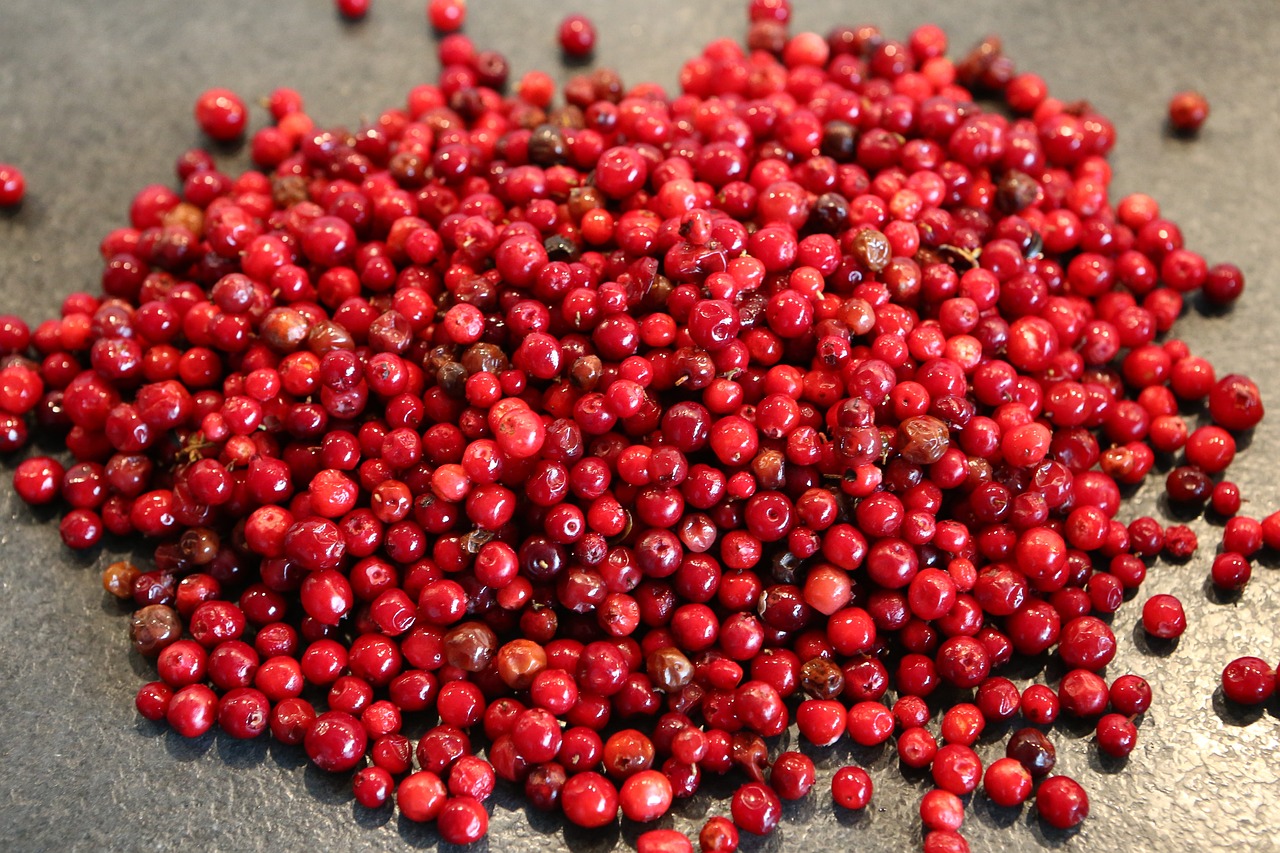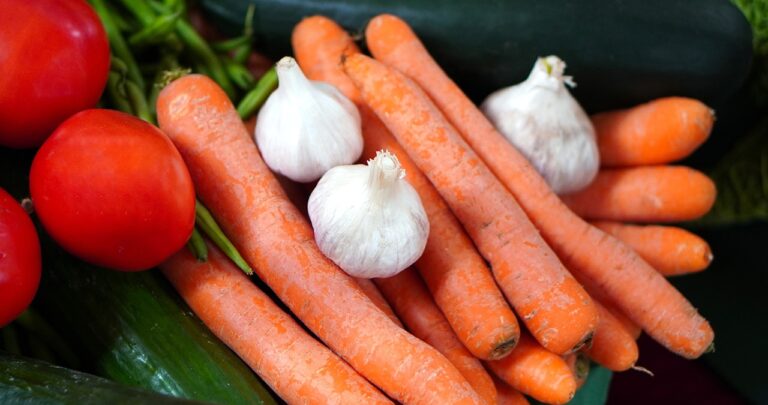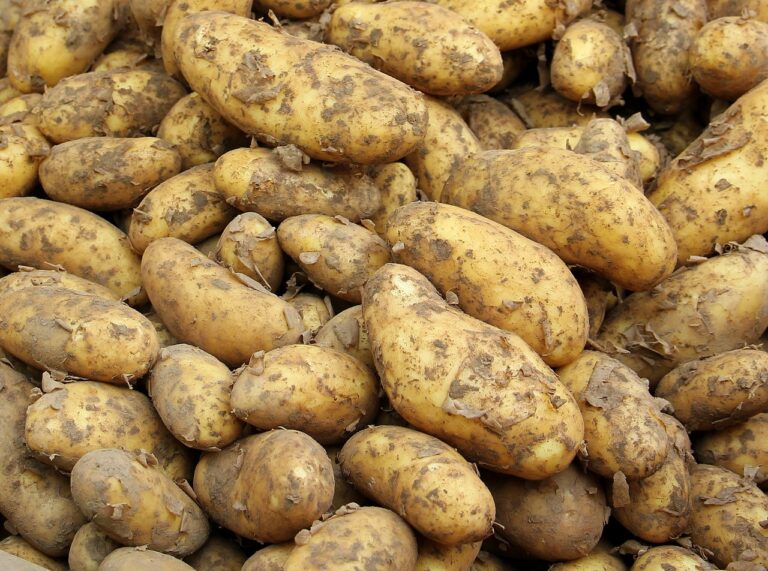Addressing Food Inequality through QSR Community Outreach Initiatives: Betbhai9.com whatsapp number, Playexch app, Lotus 365 login
betbhai9.com whatsapp number, playexch app, lotus 365 login: Food inequality is a pressing issue that impacts millions of people around the world. In many communities, access to nutritious and affordable food is limited, leading to poor health outcomes and perpetuating cycles of poverty. Fast-food chains, also known as quick-service restaurants (QSRs), have a unique opportunity to address food inequality through community outreach initiatives.
QSRs are ubiquitous in cities and towns across the globe, making them an accessible and familiar resource for many people. By leveraging their resources and reach, QSRs can play a significant role in tackling food inequality and promoting healthy eating habits. In this article, we will explore how QSRs can make a difference in their communities through various outreach initiatives.
Increasing Access to Nutritious Food
One of the most critical ways QSRs can address food inequality is by increasing access to nutritious food options. Many communities lack grocery stores or markets that offer fresh and healthy food choices, making it challenging for residents to maintain a balanced diet. QSRs can help fill this gap by incorporating more nutritious options on their menus, such as salads, grilled chicken, and fruit cups.
Additionally, QSRs can partner with local food banks and organizations to distribute meals to those in need. By donating surplus food and working with community partners, QSRs can ensure that nutritious meals reach individuals and families facing food insecurity.
Promoting Food Education and Awareness
Another essential aspect of addressing food inequality is promoting food education and awareness. Many people in underserved communities may not have access to information about healthy eating habits or may not know how to prepare nutritious meals on a budget. QSRs can play a crucial role in educating their customers about the importance of a balanced diet and providing resources for making healthier choices.
QSRs can host workshops, cooking demonstrations, and nutrition seminars to empower community members with the knowledge and skills they need to make informed decisions about their food choices. By partnering with local organizations and health experts, QSRs can create valuable educational opportunities that have a lasting impact on the well-being of their communities.
Supporting Local Farmers and Suppliers
QSRs can also address food inequality by supporting local farmers and suppliers. By sourcing ingredients from local producers, QSRs can help stimulate the local economy and promote sustainable farming practices. This not only benefits the environment but also ensures that customers have access to fresh, high-quality food options.
Furthermore, QSRs can collaborate with local farmers markets and community gardens to promote access to fresh produce in underserved areas. By establishing partnerships with local growers, QSRs can create a more sustainable food system that benefits both the community and the environment.
Engaging with the Community
Community engagement is crucial for QSRs looking to address food inequality effectively. By actively listening to the needs and concerns of the communities they serve, QSRs can tailor their outreach initiatives to meet the specific challenges faced by residents. This can involve hosting community events, participating in local food drives, and creating partnerships with community organizations.
QSRs can also engage with customers through social media and other digital platforms to raise awareness about food inequality and promote healthy eating habits. By using their influence and reach to advocate for food justice, QSRs can inspire positive change in their communities and beyond.
Measuring Impact and Progress
To ensure that their community outreach initiatives are making a meaningful impact, QSRs must regularly measure and evaluate their progress. This can involve collecting data on customer engagement, tracking the reach of educational programs, and monitoring the distribution of nutritious meals to those in need. By setting clear goals and metrics, QSRs can assess the effectiveness of their efforts and make adjustments as needed.
FAQs
Q: How can individuals support QSR community outreach initiatives?
A: Individuals can support QSR community outreach initiatives by patronizing restaurants that prioritize social responsibility and community engagement. By choosing to dine at QSRs that are actively involved in addressing food inequality, customers can help amplify the impact of these initiatives and support positive change in their communities.
Q: Are QSR community outreach initiatives sustainable in the long term?
A: Sustainability is a key consideration for QSR community outreach initiatives. By building strong partnerships with local organizations, investing in employee training, and implementing sound business practices, QSRs can ensure that their efforts to address food inequality are sustainable and have a lasting impact on their communities.
Q: What are some examples of successful QSR community outreach initiatives?
A: There are many examples of successful QSR community outreach initiatives, such as McDonald’s Happy Meal program, which includes healthier options and educational materials for children, and Chipotle’s commitment to sourcing ingredients from local farmers and promoting sustainable practices. These initiatives demonstrate the potential for QSRs to make a positive impact on food inequality and community well-being.
In conclusion, QSRs have a unique opportunity to address food inequality through community outreach initiatives. By increasing access to nutritious food, promoting food education and awareness, supporting local farmers and suppliers, engaging with the community, and measuring impact and progress, QSRs can make a meaningful difference in the lives of those facing food insecurity. By leveraging their resources and reach, QSRs can play a vital role in promoting healthy eating habits and creating more equitable food systems for all.







